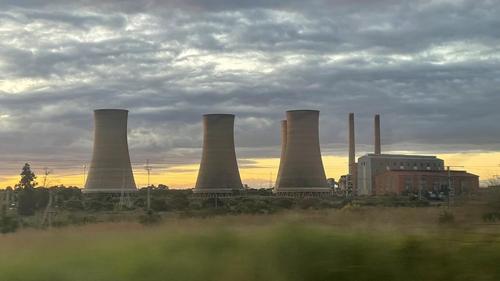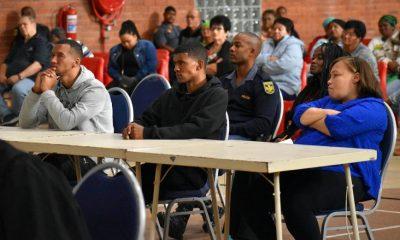Loadshedding
Tshwane’s Proposed R300m City-Wide Electrification to Reduce Eskom Dependence

Tshwane aims to reduce the cost of the R300m city-wide electrification plan to reduce the dependence on Eskom. During an escalating conflict with Eskom over unpaid electricity bills, Tshwane has proposed a solution to secure its energy future. This plan involves leasing two power stations to generate 1000MW of energy, a move aimed at reducing the city’s reliance on Eskom.
During a recent briefing at the Rooiwal power station, Mayor Cilliers Brink disclosed that the metro spends approximately R300 million annually on electrifying its buildings, water treatment plants, and other critical infrastructure. With the existing power stations licensed to generate power, Tshwane plans to control and operate them directly.
Brink stressed the importance of energy security, noting the adverse effects of daily rolling blackouts on the city’s infrastructure and finances. He highlighted the damage caused by load shedding, which has strained infrastructure and depleted maintenance budgets. Additionally, it has created opportunities for criminal activities targeting electricity installations.
Tshwane’s efforts to tackle its energy challenges involve repurposing power stations and embracing renewable energy technologies. Through the C40 climate action implementation program, the city plans to incorporate solar generation into social housing projects. In particular, the Pretoria West power station holds the potential for a transition to renewable energy production, aligning with the city’s climate action plan.
Also read: Power Disconnection: Tshwane Takes Action Against Negligent Health Facilities
Tshwane intends to involve the private sector in finding solutions to achieve these goals. In November, Brink announced plans for an energy indaba to communicate the approved policy suite and solicit proposals for sustainable and alternative energy solutions.
The move to lease the Rooiwal and Pretoria West power stations is part of the city’s asset optimisation strategy, aiming for a 40-year lease with exploration of alternative energy sources like solar power or gas. These power stations, which have been largely inactive for over eight years, require substantial investment to fully operational.
The process toward energy independence comprises three phases: public participation in the lease, submission of feedback to the council for approval, and finally, an open market tender for the 40-year lease.
While the proposal has received support from some quarters, including the ANC, there are concerns and opposition to privatising municipal assets. Critics argue that this approach prioritises capitalist interests over public welfare and could lead to unintended consequences.
The issue of energy security and the city’s efforts to gain more control over its power generation will likely be subjects of ongoing debate and public scrutiny in the coming months.
Source: Tshwane on quest to bring down costly R300m city-wide electrification
Also read:
Picture: X / __Tshireletso_
Follow us on Google News.





















